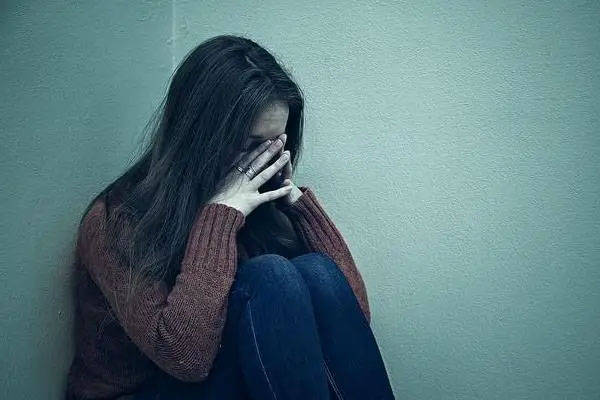In the fast-paced modern life, depression has become one of the widely affecting psychological issues. Different from the severe symptoms of major depression, mild depression, though less noticeable, is sufficient to cause significant disturbances in the daily life and emotional state of patients. Understanding the symptoms of mild depression is crucial for early identification, intervention, and treatment.
Mild depression, also known as mild depressive disorder or depressive tendencies, refers to individuals experiencing persistent feelings of sadness, loss of interest, and other depressive symptoms, but not meeting the diagnostic criteria for major depression. Patients can still maintain basic daily life and social functioning, but the inner distress and discomfort are indescribable. What are the manifestations of mild depression?
First, persistent feelings of sadness:
Individuals with mild depression often feel heavy-hearted, lose interest in surrounding things, and have difficulty in engaging even in activities they usually enjoy. This state of sadness often persists for weeks or even months and is not easily alleviated by external factors.
Second, diminished interest and pleasure:
Patients lose interest in activities or hobbies they once loved, no longer feel joy or satisfaction. This decrease in interest not only affects recreational activities but may also impact work and study.
Third, lack of energy and feelings of fatigue:
Even without engaging in significant physical or mental activities, patients may feel unusually tired and lethargic, appearing very sluggish. This fatigue often comes with problems in concentration, reduced memory, and other issues.
Fourth, sleep disturbances:
Individuals with mild depression may experience difficulties falling asleep, early waking, or shallow sleep. These sleep problems further worsen the feelings of fatigue and emotional instability in patients.
Fifth, changes in appetite and weight:
Some patients may have decreased appetite or engage in binge eating, leading to significant changes in weight. These changes not only affect physical health but may also intensify the psychological burden on patients.
Sixth, diminished sense of self-worth:
Patients have excessive self-doubt and self-blame, believing they are worthless, burdensome to the family, or have no value. This self-deprecating mindset exacerbates the depressive emotions in patients.
Seventh, difficulties in thinking and decision-making:
Mild depression can lead to cognitive impairments, making patients slow in thinking, dull in response, and finding it hard to make decisions or solve problems. This cognitive dysfunction further affects the daily life and work efficiency of patients.
In conclusion, understanding the symptoms of mild depression allows us to recognize the early signs of depressive episodes in life, thereby timely intervening and providing support to help patients overcome the gloom of depression and rediscover the beauty and hope in life.


